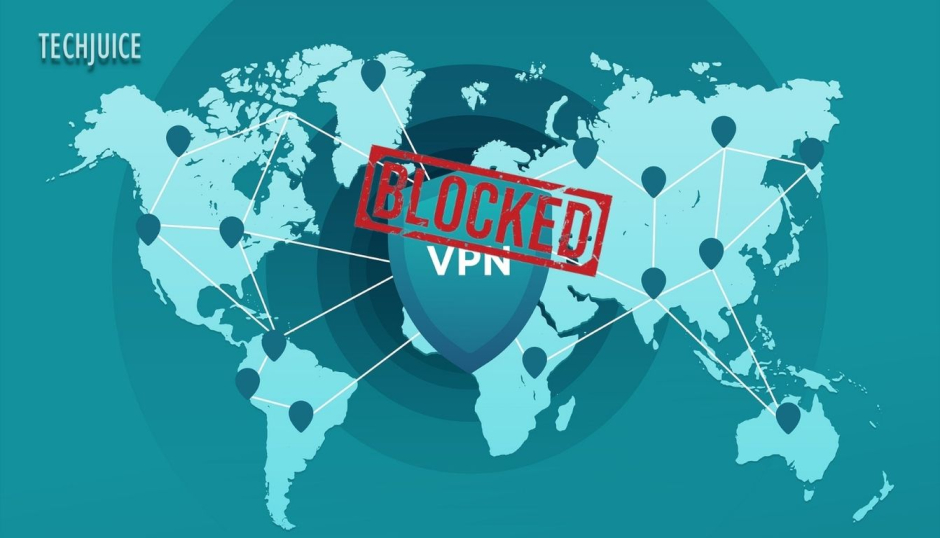Many Pakistani Internet users reported problems in accessing virtual private networks (VPNs) and noted poor Internet connectivity because the Pakistan Telecommunication Authority (PTA) started blocking unregistered VPN services. This action follows a government directive despite an earlier extension of the registration date to November 30th,2024.
VPNs are used globally to access restricted content and in Pakistan, they are vital for accessing platforms like X (formerly Twitter) and other blocked sites. The Interior Ministry had imposed pressure on the PTA to shut down, what it referred to as, ‘illegal VPNs’ over some controversies that the terrorists use VPNs to cover messages and access forbidden content.
The ministry emphasized, “VPNs are increasingly being exploited by terrorists to obscure and conceal their communications. VPNs are also being used to discreetly access pornographic and blasphemous contents.” The directive aimed to ensure that registered, legitimate VPNs remain unaffected.
Despite PTA’s assurance of a smooth registration process via an online portal for IT professionals, freelancers, and other stakeholders, many users reported service disruptions. Outage tracking website Downdetector pointed to connectivity problems with VPN services, including VPN Unlimited and TunnelBear. Some users attempted to exchange information about other VPNs to use but complained about the same issues with connectivity.
Earlier this week, the PTA announced that VPN use would be restricted to curb access to inappropriate content. It reported having blocked over 100,183 URLs containing blasphemous material and 844,008 pornographic websites, noting that 20 million daily attempts to access such content from within Pakistan were intercepted at the gateway level. The Ministry of Religious Affairs and Interfaith Harmony had requested these measures.
The Council of Islamic Ideology (CII) added support to the government’s actions by declaring VPN usage “illegal” when intended to access forbidden sites. Chairman Allama Dr. Raghib Hussain Naeemi stated, “Using the internet or any software (VPN, etc.) intended to access immoral or illegal activities is strictly prohibited. Using a VPN with the intention of accessing illegal content or blocked websites is illegitimate in Sharia.”
The crackdown has raised concerns among businesses and digital rights advocates. The restrictions could impact IT companies, freelancers, and others who rely on VPNs for secure communication. Despite the PTA’s assurance of a streamlined process, the premature enforcement has led to confusion, with some reports indicating that even registered VPNs are experiencing issues.











